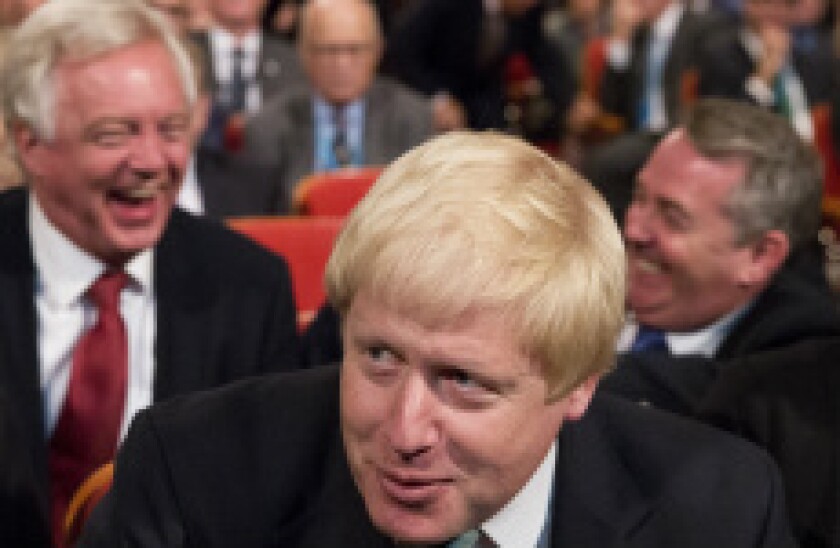We are living in a world where less than a month ago, UK trade minister Liam Fox said that the Belgian region of Wallonia’s holding up of an EU-Canada trade deal was a sign of how difficult trade deals are when they involve a very large number of partners.
Well, the EU-Canada deal is now signed, while on Tuesday Canada’s finance minister Bill Morneau told the Financial Times that a deal between his country and the UK was not top of his agenda.
Clearly, Fox has not been too cunning in his trade brief so far.
Across the Atlantic, US president-elect Donald Trump promised all kinds of things on the campaign trail that would suit all kinds of people, no matter how contradictory. Since winning the election, he appears to be fostering a more consistent view — but it’s only been two weeks. Given Trump has had time to publicly complain about his vice president being booed and chastised during a trip to a musical, one wonders just how long he can maintain his focus on creating a coherent strategy.
Trump has also found a spare moment to suggest that Nigel Farage — who, at the time of starting this piece, was acting leader of the UK Independence Party — should be the new UK ambassador to the US. Aside from the large breach in protocol by Trump, he is putting forward a man who talks of sovereignty for UK courts, yet chastises them for making independent decisions; who talks of democracy, but has never been elected to the House of Commons.
More importantly, though, is the cascade of lies he told not only in the run-up to the UK’s EU referendum, but for years and years before.
And more important still is that the public increasingly believe people like Trump and Farage over qualified experts and centrist politicians. The thought of that duo being at the top of the special relationship between the UK and the US is a terrifying one.
All of this spells trouble for capital markets. How can issuers be expected to carefully plan issuance windows, when those in the highest seats of power have moved beyond typical politician speak, with half-truths, to outright lies? Politicians used to be chastised for flip-flopping on issues — Trump has made a political career out of doing just that.
Markets appear to be pricing in a spending splurge in the US, but Trump has already responded to a question over whether his campaign rhetoric went too far by saying: “No, I won.”
There is absolutely no reason whatsoever to assume this behaviour will change just because he holds office. Commentators thought he would tone down his rhetoric once he won the Republican nomination. He didn’t. Why on Earth would he suddenly stop being volatile when he will not face another election battle for four years?
For issuers, attempting to plan around the policies of people like Trump will be like a parent guessing what a moody teenager might like for their dinner.
And all of this is coupled with the unpredictability of the electorate, as seen again on Monday when François Fillon won the first round of the centre-right French primary, despite having been in third place in the polls before the actual vote.
Fillon is polling well ahead of National Front leader Marine Le Pen for the presidential election next year — but it would be a brave person who thinks that counts Le Pen out.
With not only France going to the polls next year, but Germany and the Netherlands too, and a president in the US who was happy to make accusations of election-rigging during his campaign, one can only assume that issuance windows will become ever shorter as borrowers bid to give any potential disruption an extremely wide berth.
But with politicians as volatile as Trump on the rise, working out when disruption might occur could be as difficult as winning big in one of his failed casinos.

